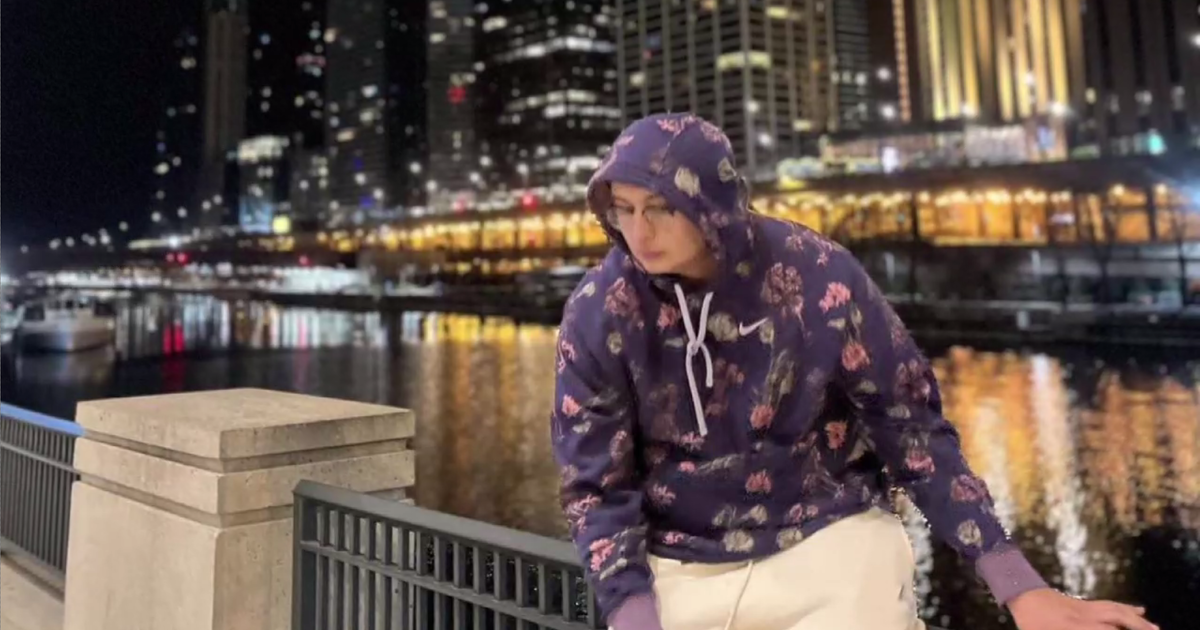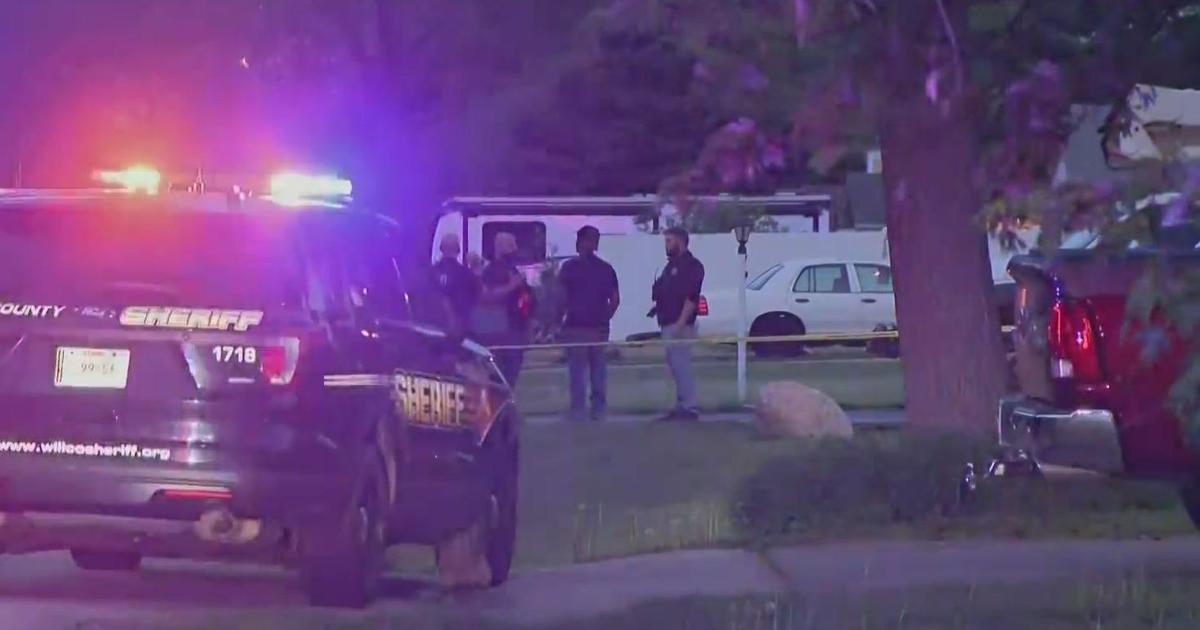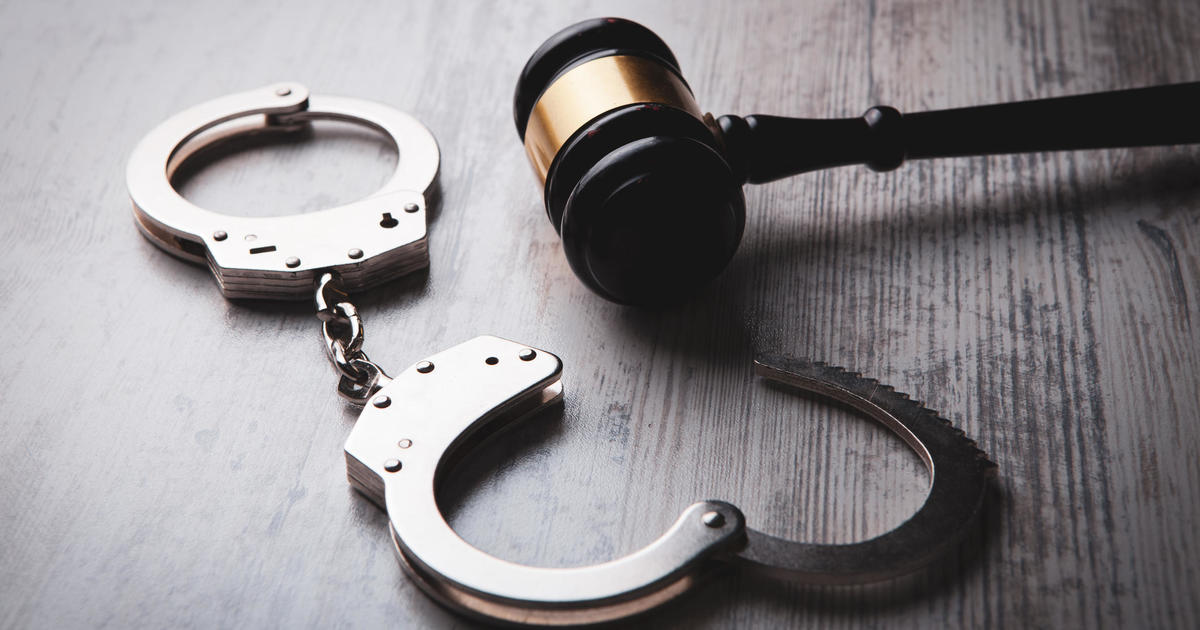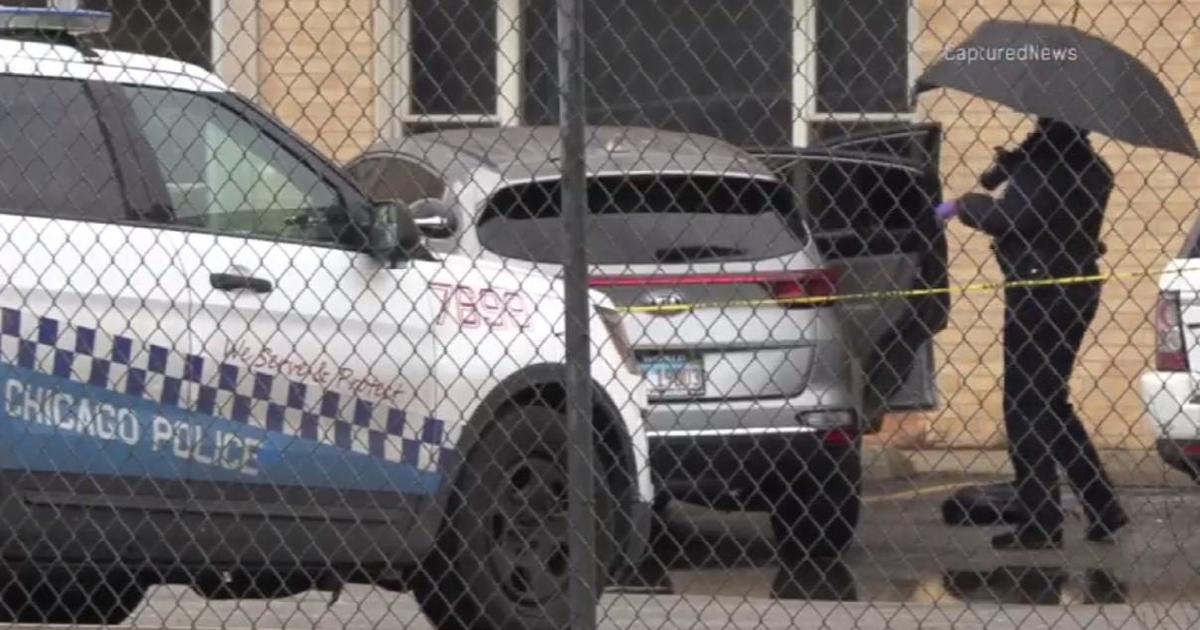Could police have prevented Highland Park shooter from getting a gun after 2019 incidents? Experts say it's likely.
CHICAGO (CBS) -- In the days following the Highland Park mass shooting that killed seven people and hurt dozens more, questions were raised about how 21-year-old suspect Robert Crimo III was able to purchase guns legally despite having two encounters with police in 2019.
Officials, in part, pointed to Crimo's family, who didn't want to press charges at the time. But experts said officers didn't need the family's cooperation to utilize the Illinois Red Flag Law, which could have prevented the suspect from getting a FOID card and buying guns later on.
The Firearm Restraining Order Act went into effect in Illinois in 2019. Under the law, a family member or police officer can file a petition with the court for an order if they believe someone "poses a danger of causing personal injury to himself, herself or another" by having a gun.
Allison Anderman, senior counsel and director of local policy for Giffords Law Center to Prevent Gun Violence, said under that law, Highland Park police could have petitioned to try to keep Crimo from obtaining guns in the future based on their previous encounters with him.
"There was at least enough evidence for law enforcement to consider petition for an order, and possibly going before a court to get this order," said Anderman, who works with states and local governments across the country to draft and enact gun safety legislation.
In 2019, Highland Park Police responded to two calls about Crimo: a suicide attempt in April, and a threat he made in September that he was going to "kill everyone," police said.
Officers notified the Illinois State Police, but officials said they didn't have probable cause to arrest him, partially because his family chose not to sign a complaint. Illinois State Police (ISP) Director Brendan Kelly said Wednesday that Crimo and his mother both told officers at the scene he was neither a threat to himself or others.
"It was clear that there was no clear and present danger," Kelly said.
ISP and Lake County officials confirmed there was no firearms restraining order filed either.
"Primarily, family members and other individuals can go to a court and ask that somebody have their firearms taken and not be allowed to purchase firearms," Lake County State's Attorney Eric Rinehart said at a news conference on Wednesday. "To be very clear, that did not happen in Mr. Crimo's case."
Three months later, Crimo, then 19 years old, successfully applied for a FOID card. His father sponsored his application since he was under 21, police said.
Anderman said Crimo's previous suicide attempt could have been supporting evidence for law enforcement to get the order in 2019. He didn't need to have had a gun at the time to be subject to the red flag laws, she added, and it's usually those who don't have access to guns who can be most helped by the law, especially if they are in a crisis.
She also emphasized police could've acted independently from the family and petitioned for an order.
"It might have been more complicated if the family would've been unwilling to provide testimony and evidence, however, all I've been hearing is that the family was unwilling to press criminal charges," Anderman said. [A firearm restraining order] is not a criminal order."
If an order was granted, that information would've been sent to the ISP and flagged when Crimo applied for the FOID card.
But Anderman doesn't view what happened as a "loophole" in the law. Instead, she believes Illinois' red flag law is a strong one, but that it wasn't effectively used in this case.
"There is a clear law in place to address these situations. It wasn't utilized, so I think what needs to happen is there needs to be an investigation into why it wasn't utilized, when it pretty clearly should've been," she said.
"Just because a mass shooting happens in a place is not a reason to say our laws don't work. This particular law that Illinois has on the books should've been utilized and it wasn't, and we need to figure out why."
Highland Park Police have not responded to CBS 2's questions about why they didn't attempt to file an order under the red flag law, which was put into effect the same year that police responded to the suicide attempt and threat calls.
Anderman said there's a lack of understanding by many police agencies about how to use the law.
"And that's a problem. It's something we've seen in other states. When people don't know about the law or know how to use it, it can't be fully effective," she said.
In June, President Joe Biden signed into law the first major gun safety legislation in decades after the mass shootings at the Uvalde Texas elementary school and a Buffalo, New York supermarket.
In part, the legislation includes incentives for states to pass similar red flag laws, NPR reported. Anderman said that includes funding can help with the implementation and education of police agencies so they can better understand how they can effectively use the laws.
"State and local agencies need to invest in implementing this law so it's maximally effective," Anderman said.
"My suggestion is Illinois apply for funding under this law, and make good use of this funding to make sure things like this don't happen again."
Gov. JB Pritzker's office hasn't responded to CBS 2's request for information about whether the state plans to apply for the funding.
Anderman pointed to another solution: prohibiting the sale of assault weapons, like the one used in the Highland Park mass shooting.
She cited Delaware's recent ban, including similar laws in states like California, Connecticut, Hawaii, Maryland, Massachusetts, District of Columbia and New Jersey.
Illinois doesn't have a ban on assault weapons. On Wednesday, Rinehart called for one – and emphasized the importance of the red flag law.
"With respect to holes in gun laws, we need an assault weapon ban," he said, "and we need to make sure that the community, that law enforcement, is using the red flag law, the firearm restraining order."




